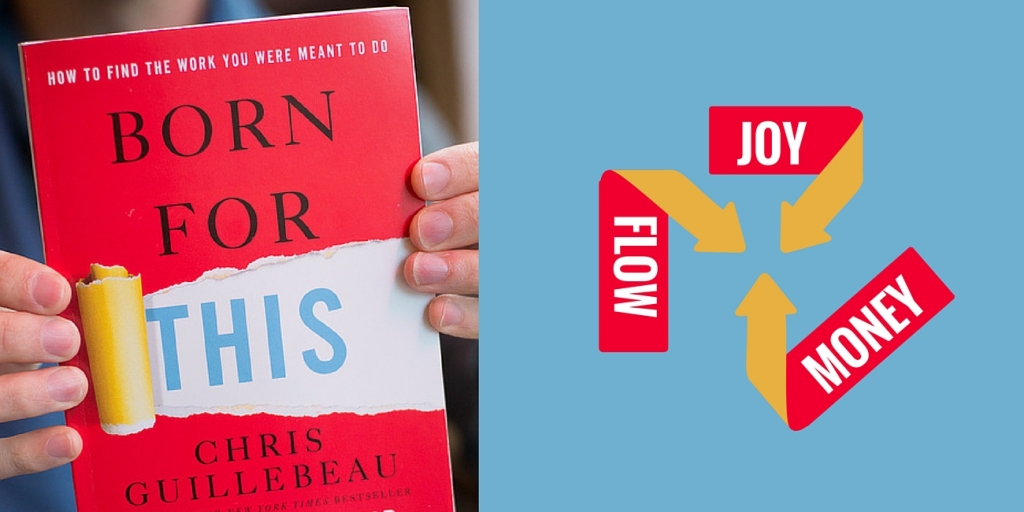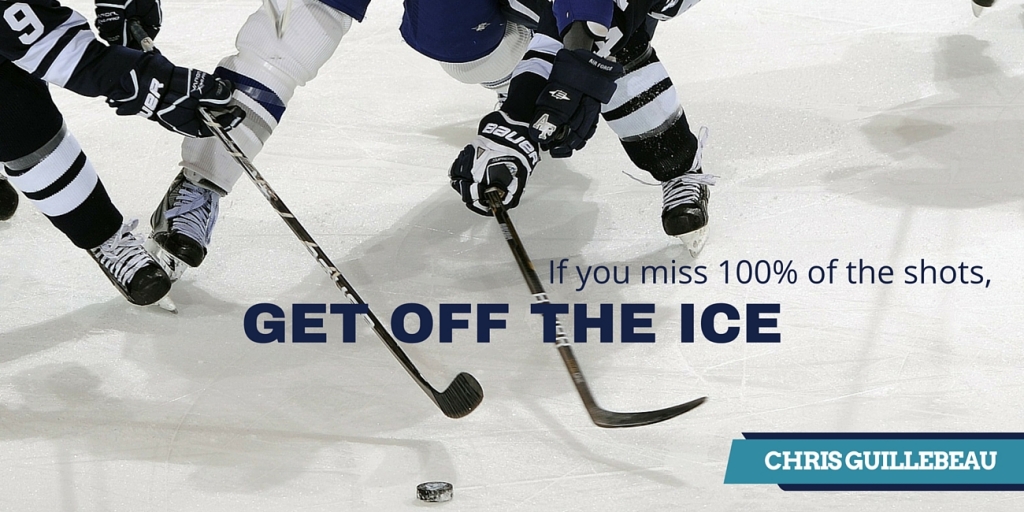Born For This: How to Find The Work You Were Meant To Do is the latest from author and world traveler Chris Guillebeau, a man who could probably win the Guinness World Record for “most traveled man alive” if he ever goes into space.
During his journey to visit all 193 countries around the globe, Chris has met with many unconventional people, documenting their unconventional lives through his books and the articles on his blog.
After meeting so many people who have found uniquely fulfilling work, and the means (and ability) to define the terms of work that work best for them, he invites many of them to speak to thousands of people at his annual Portland conference, the World Domination Summit. This has made him one of the foremost experts in the modern changes at the intersection of work and the Internet, and in this book he comprehensively describes both the practical steps and the philosophical underpinnings of this new way to work.
Writing this book is what Chris was born to do – he actively guides his life and career by the principles that he lays out in this book, and using these techniques, you can find the work you were born to do, if you haven’t already.
I wish I had read this book ten years ago, when I first left my cubicle.
Non-Conformity In A Box
The day I knew I had to leave my cushy corporate job was a Sunday, the one day I took off from work to be with my family. I was working 60 hours a week to meet my sales quota, becoming the top salesman in the state for the Fortune 100 company that employed me. Most days I left the house before my family awoke, and returned home late at night after my kids fell asleep, more often than any father should.
Then one Sunday we passed my office building, this big, gleaming skyscraper where I spent the other six days of my week. My two year old son pointed out the window and said, “Look! Thats where Daddy lives!”
I knew, right then, my life had to change. I had to figure out what other kinds of work I could do in the world; and because this happened in 2008, and the economy tanked and nobody was hiring, I had to figure out how to do it on my own – immediately.
Born For This is a book that can save you years of floundering. Instead of figuring out what you want to be when you grow up as you’re growing up, just follow the map at the beginning.
The Dream Job Treasure Map
Born For This is a treasure map for finding your dream job, and it provides very clear and simple questions to point you in the right direction when you’re feeling lost.
The work you are born to do, Chris writes, is at the intersection of three major forces in your life:
- Joy – ongoing enjoyment of the time you spend working
- Money – enough wealth to live your life in comfort
- Flow – a graceful state of ease and productivity
When you have all three of these qualities in your work, you’ve hit what Chris calls ‘the career lottery.’ People who have Joy, Money, and Flow are making enough money to live life how they want to live it, and they are enjoying work that they are uniquely qualified to do.

I’ve seen and read a bunch of different definitions of the right kind of work, but I’ve never seen the process distilled so clearly into the things that really matter. Chris’ Joy, Money, Flow formula has a good chance of becoming the intrinsic cultural advice we pass down to the next generation.
Look at the work you are doing right now. Do you have all three? Which part of the Joy, Money, Flow formula is lacking, and what can you do to improve that area of your career?
This is exactly the kind of advice we need to craft for kids growing up in the Internet age. We’ve seen, time and again, how the previous generations’ ‘stable’ advice has proven to be quite risky for us to take. Our peers can work for a company for thirty years and get laid off without a pension at a moment’s notice – but if you build your own audience and business, nobody can take that away from you. The next generation of workers will be safer if they are in control of their own career, and Born For This provides the tools to decide what’s really risky and what’s actually the safe bet.
Taking Better Chances
Since we are collectively reframing what we mean when we use the terms “career” and “work,” Chris provides some really helpful vocabulary, going in-depth on terms like side hustle and umbrella profession. His treatment of the gold rush as both a phase and a goal really helps to describe the ups and downs of entrepreneurial living.
Chris spends a couple of very good chapters investigating the qualities of risk. His stories about smart bets at a gambling table serve as really powerful analogies to the choices we make about our career.
When stakes are low, Chris says, that’s when you should take risks.
If you make a mistake with low stakes, you haven’t lost very much, so that’s the time to get risky and try new things. Bet your longshot on low stakes, and if it pays off, great; if not, no big loss. You should also be willing to make changes right away, especially if stakes are low; he uses an example of standing in line at the grocery store, and wondering if you should switch lanes when another cashier opens a new line.
His great storytelling skills put the reader right in the moment of his indecision, when he’s watching people who were behind him in line get out of the store with their groceries faster than him, because they switched lines. They took risks when the stakes were low. Chris uses this story to express the familiar FOMO (Fear Of Missing Out) that binds us to what he calls a “false commitment to your existing choice, even as a more desirable option appeared.”
We have this built-in bias favoring what we’ve already been doing, because we think that the time we’ve invested in one choice makes the choice more valuable, even if it’s wrong.
“Don’t waste time on small things, and when the stakes are low, make changes right away.” – Chris Guillebeau
When your decision is high stakes, Chris provides two simple questions to put the entire choice in perspective:
- Is it working?
- Do you enjoy it?
If the answer to both of these is no, then it’s a no-brainer. Same as if the answer to both of these questions is yes.
The only complications arise when one is yes and the other is no, and then you have to dive deeper into your priorities and the risks involved; having this clear and simple framework for making high-stakes decisions has already benefited me personally, and I’m going to continue using these two simple questions whenever I find myself facing a high-stakes decision.
I’ve felt the exact FOMO that Chris described, and made poor decisions under it’s influence – usually staying in a job way past the time I enjoyed it, and sometimes beyond when it was still working for that season of my life. I stayed stuck because I was afraid of change, and I was afraid of giving up…but Chris made a really convincing argument in favor of quitting.
The Virtues of Quitting

“Contrary to popular belief,” Chris says, “if you want to win, you shouldn’t always just keep going. You should regroup and try something totally different. ‘Winners never quit, and quitters never win’ is a lie. To win, sometimes you need to find a new game to play.”
“Real winners give up all the time.” – Chris Guillebeau
This type of thinking, of flipping over the board when the rules of the game are confining you from making any good moves, is exactly the type of breakout thinking that help people to get out of their cubicle, and reframe their life according to the rules that work best for them. A lifetime in public school and corporate America has anesthetized many people to any possibilities outside of the traditional framework through which they’re accustomed to seeing the world.
Embracing failure is one of the best ways we can develop this counter-intuitive thinking, because every failure requires us to reframe everything anew. Chris’ strident encouragement to quit things that don’t work for you is a refreshing relief from all the bleed-till-you-succeed mantras that are so popular in our hardworking culture.
Related: read The Forge of Failure
I suppose the reason this very simple concept seems so unconventional is because we’ve been conditioned to see our work in a continuum of working-for-the-goal, when it’s more properly a series of stops-and-starts. Examining our careers with a piecemeal framework feels more authentic and useful, because nobody’s career (that I know) follows a single path to its destination – at least nobody interesting. We have periods of ups and downs, successes and failures, and planning for those cycles to be part of our path is, counterintuitively, more realistic.
Cycles Of Career and Life
We go through periods of wandering, and periods of devotion to one direction on our path. Neither lasts forever, and Chris encourages us to embrace these inevitable changes.
“Life is seasonal. There’s a time to explore and experiment, and there’s also a time to focus.” – Chris Guillebeau
Chris shares some really wonderful stories about people who have hit the career lottery, and the ways they preserve the ebb and flow as a part of it. Daniel Ek of Spotify gives five year commitments to the company, and that keeps him focused and on point, with a foot out the door if he ever wants to head that way. Elon Musk uses workshifting to slide between his roles as CEO of two major companies, one for making electric cars and the other for making rockets that go into space. There is no one career to rule them all that successful people pursue for the entirety of their lives; they find what allows them the most Joy, Money, & Flow in their lives, however it happens, and they do that.
“Select the job title you want, don’t choose from existing ones.” – Chris Guillebeau
Born For This is a Book with Flow
I also wrote a review of Chris’ previous book, Happiness of Pursuit, which was a book was about quests and adventures. While it chronicled an astounding number of stories, the storytelling was jerky, shifting between one example and another in a way that threw me out of the narrative many times.
With Born For This, I was completely engrossed in the book. Chris presented a couple of concepts he was going to discuss in the chapter, and told a few personal stories to get us really engaged, and then used those stories as analogies to play with the ideas he had presented. It is a really fluid and engaging style, and I thoroughly enjoyed the reading of it.
If you haven’t hit the ‘career lottery’ yet, if you are lacking in Joy, Money, or Flow in your work, then read this book and figure out what you’re supposed to be doing instead. Born For This will help you make the big decisions coming up in your future, and keep you leaning into the direction of the work you were born to do.


